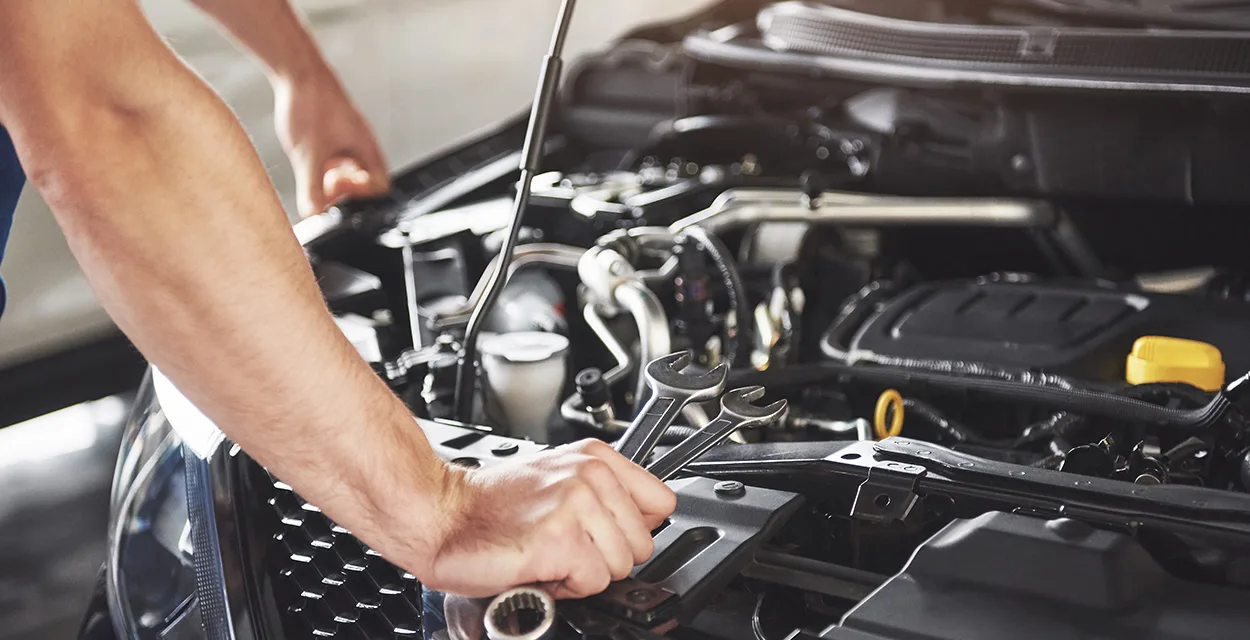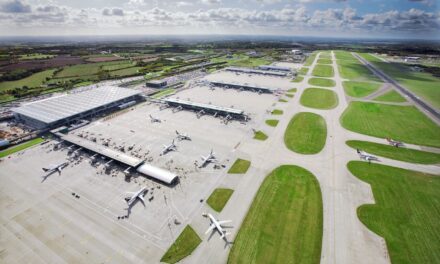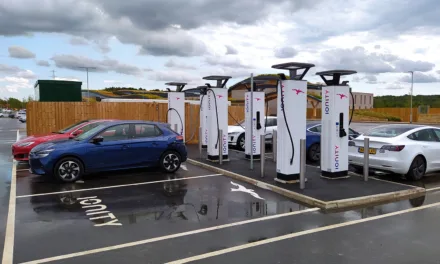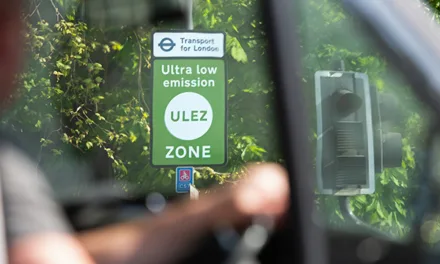Car remapping, also referred to as engine tuning or engine remapping is a process of modifying the software or systems of a vehicle’s ECU to optimise its performance. It’s a popular approach among car enthusiasts and professionals or for anyone looking to upgrade their vehicle.
Car remapping should ideally be conducted by experienced professionals who follow industry best practices and know your car model inside out. It’s also important to check whether the modifications chosen comply with local regulations and insurance policies as they could affect a vehicle’s warranty and legal status.
What does remapping a car do?
The remapping process can change the way car engines act when you drive, and for many car lovers and racers, it’s about meeting certain expectations of how they want their car to run. There’s a reason racers, in particular, would want to remap their cars, and that’s because it can amp up the power and torque of a vehicle, creating a better performance. Additions might include improved ignition timing, better throttle and engine response, extra power, better air/fuel ratio and improved turbocharging boost pressure.
What’s involved in the remapping process?
- Optimising engine parameters: The ECU controls various aspects of the engine’s operation, including fuel-air mixture, ignition control, and turbochargers. Remapping adjusts these parameters to enhance the engine’s power, torque, and efficiency.
- Improved performance: By customising the settings, car remapping can increase a vehicle’s horsepower and torque output to provide improved acceleration and overall performance.
- Fuel efficiency: Remapping can optimise fuel delivery and combustion, potentially leading to better fuel efficiency if driven conservatively and providing more eco-friendly driving solutions.
- Customisation: One of the main reasons enthusiasts opt for remapping is because they can meet their specific driving preferences. Whilst some may prefer a sportier setup for increased power, others may want better fuel economy.
- Safety: It’s essential to choose a reputable tuner who understands the limits of your vehicle’s engine components. Pushing the engine too hard with aggressive remapping can lead to reliability and durability issues and can actually cause damage to the car and its systems.
- Better control and driveability. With an enhanced throttle and faster engine response, your car may feel smoother and easier to drive.
How much does car remapping cost?
The cost of remapping your car mainly boils down to the make and model, and the level of remapping you require. But on average, you can expect to pay £200 to £400 and extra costs if you want your car tested on a rolling road to check the results. If you opt for higher phases of remapping and reconfiguring your engine, including features such as new air filters, the cost could rise to £1,000.
Advertisement
Does remapping impact car insurance?
The short answer is yes. Car engine remapping could mean an increase in your car insurance premiums as there are also some insurance providers who won’t cover your car if it’s been chipped. In car insurance terms, remapping a car is considered a car modification, even if it’s one you can’t visibly see. If you don’t inform your insurance provider, it could negatively impact your policy.
If your car has been remapped, remember to inform your insurance provider before agreeing to a policy as you may need specialist-modified vehicle insurance.
Automotive Consumables across the UK
Our selection of Automotive Consumables division provides the high-quality products you’d expect from Filter Services, with the same fast delivery times to match. We also stock a huge range of automotive filters for all kinds of vehicles including construction vehicles and cars or lorries. With some of the world’s leading brands, like Baldwin, Mann filters, Donaldson, Fleetguard, HiFi and more on offer, we’re sure we’ve got something to suit your needs.












